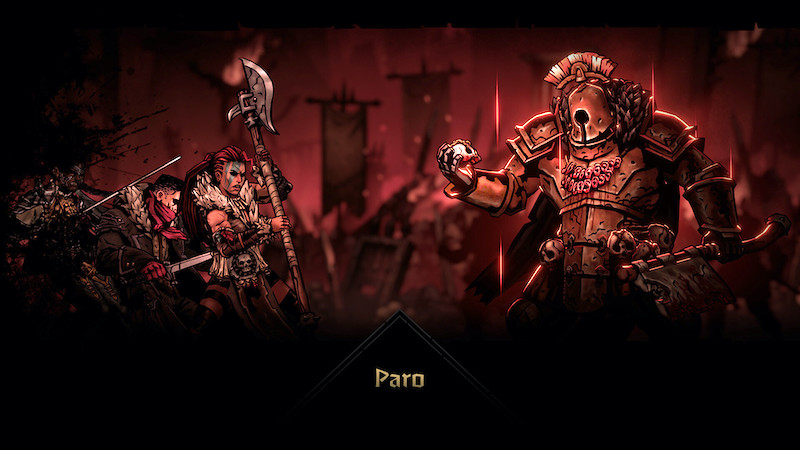
We Need to Stop Being Afraid of Representation and Inclusivity
There is something inherently scary in change. Humans have evolved to find comfort in routines and habits. It’s safe. But it also breeds stagnation. And we need change in order to better ourselves. This is why, as a media professional, it’s been part of my life’s ambition to push for, and help create, representative and inclusive initiatives in the industries in which I work. I have seen, and experienced first-hand, the tremendous impact which these initiatives can have on the lives of those who need it most. And still, most companies are more terrified about the possible PR fallout, than they are excited about the possibility of positive, meaningful change. So today, I want to tell you why we need to stop being afraid of representation and inclusivity.
No Judgement
Right off the bat, I want to say that I understand the trepidation behind this knee-jerk reaction. Time and time again, we see viralised examples of companies getting bombarded by angry “fans” due to their initiatives to be inclusive, or representative. Just this week, we saw a storm around Horizon: Zero Dawn’s character Aloy. We can also point back to The Last of Us 2, where gender and other kinds of representation created a media nightmare for real fans, the studio behind the game and even the actors involved in making it.
It’s not limited to just gaming, either. Be it James Bond “fans” in uproar because of a Black woman protagonist, similarly spirited Doctor Who followers performing an equally ghastly demonstration over the first-ever woman Doctor, Kelly Marie Tran having to basically re-shape her life due to Star Wars “fanatics”…. the list goes on.
So, yes: I understand why it’s a dangerous road for a company to travel. But for every horror story around representation, there are a hundred, less talked about, but more important, success story.
Change Hurts… But it Also Heals
I have spoken before about how seeing Eduardo Sanchez as the director of The Blair Witch Project made me realize that I could make films, too. As intangible as that may seem, though, the truth is that I now make a living out of something I grew up thinking I wasn’t allowed to do. But it was a long road between watching that film in 1999, and being allowed to have this recurring column here at DreadXP. I spent 12 years as an immigrant in Canada (2 of those as a minor), working menial jobs during the day, and going to school at night (and vice-versa, depending on the season).
I spent many hours crying. I did not see my mother or my brother (who had stayed behind in Paraguay) for over a decade. All of my friends, everything I’d known, was gone. But I also got opportunities I didn’t have before. The kindness of strangers and the path laid by those who came before me allowed me to grow into the person that I am today. From Salvation Army canned food to scholarships, these initiatives made it so that instead of starving, I was able to get an education, get professional experience, and become a productive member of society. I was given opportunities that I could not have received, had the status quo not been challenged. I would have starved. I would have died. But representation and inclusivity, despite having had such a huge impact on my life, isn’t about me.
Representation and Inclusivity Are About All of Us
And I honestly feel like people don’t quite realize this sometimes. There is no human race in homogeneity. And historically, we have shut doors on some members of our society. By design. Therefore, we must open those doors, by design. Be purposeful about it. And understand that there are those who do not want those doors opened, as they feel it’d mean they’d get doors shut in their faces instead. But that isn’t the case. That’s the beauty of real representation and inclusivity. It’s not designed to keep people out. It’s design to bring everyone in.
The reality is, however, that every industry, and every country, is different. In Paraguay, where I was born and currently reside, it was only last year that the first trans person was allowed to be sworn in as a lawyer. She’d not been allowed, despite having finished law school at the top of her class, to take the oath and practice her profession. All because of her gender. But Kimberly’s case has set a positive precedent for the country, and her continued work with LGBTQIA+ NGOs is helping similarly underrepresented and oppressed people overcome their situation.
Clichés for a Reason
That’s why we must embrace the concepts of representation, inclusivity and equality as malleable. Patrick Geddes’ concept of “think globally, act locally” is, for me, a perfect starting point. One need not set out with the express aim of changing the whole world. There is no one-size-fits-all solution we can just order from Amazon and have same-day delivered. Rather, we must aim to aid in the change by helping those who are within our reach. Those on whose lives we might actually have an impact. Purposefully. Over time.
That is why we need to stop being afraid of representation and inclusivity. We must instead realize that it is, in fact, in our power to effect change. To make someone’s life better. And as an industry, the largest entertainment industry in the history of the world, we must acknowledge that we have the power to think globally, and act locally.
For any company considering to implement a representation, inclusivity and equality initiative, there are PR nightmares to consider. It is a scary thought. And it is a very real concern. But it is also time for businesses to realize they have the power to effect change on people’s lives. Not only that, but to be honest, real change cannot happen without their collaboration. And while it’s not a private business’ responsibility to ensure representation, inclusivity and equality, we as a society need to be held accountable for the way we treat each other, the opportunities we afford one another, and those meaningful, positive changes we could provide to someone’s life, but choose not to in fear of a PR fiasco.
Society grows great when old men plant trees whose shade they know they shall never sit in.
– Anonymous Greek proverb.





Rachel
A wonderful piece! Thank you!
Marcos Codas
Thank you for your comment, Rachel. I really appreciate it. I was afraid to write this piece, but I’m glad it’s resonating with some folks 🙂
Marcos Codas
Humbled by your comment, Tim! Thank you!